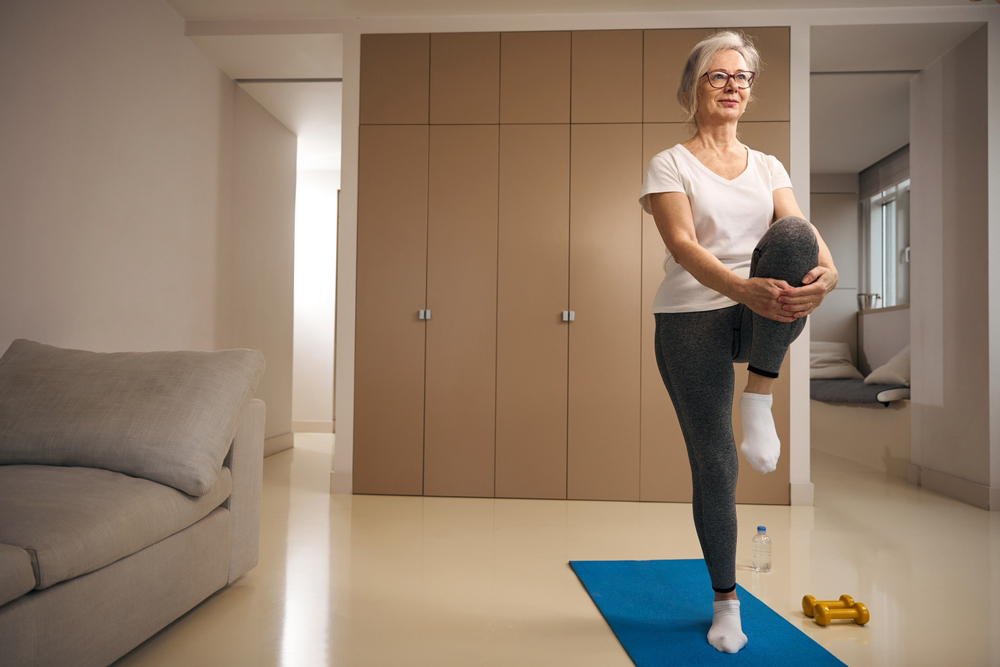Health Capsule
How To Assess Aging?

Medical advances are helping people around the world live longer. But longer life is linked to a gradual loss of physical abilities. Strength, balance, and walking skills may weaken. It’s been unclear how each of these features decline with age.
To learn more, an NIH-supported research team assessed these abilities in 40 healthy people. Half were between ages 50 and 64. The rest were ages 65 or older. Each participant underwent a series of tests in a motion analysis lab.
The researchers found that walking patterns were not much different with age. Sex differences were seen in strength but not other measures. Grip strength was 30% higher in men than in women, and knee strength was 27% higher in men. But in both sexes, strength declined at similar rates over time. Grip strength in the dominant hand dropped by nearly 4% per decade of age. Knee strength declined by about 1% per decade.
Balance showed the greatest decrease with age, especially the ability to stand on one leg for at least 30 seconds. Single-leg standing time on the non-dominant leg dropped by 21% per decade of age. On the dominant leg, it dropped by 17% per decade. When standing on both feet, people who were older tended to move or sway more.
The findings suggest that how long a person can stand on only a non-dominant leg may be an easy and reliable way to assess health in aging populations.
“Changes in balance are note-worthy. If you have poor balance, you’re at risk of falling,” explains Dr. Kenton Kaufman of the Mayo Clinic. “Falls are a severe health risk with serious consequences.”
NIH Office of Communications and Public Liaison
Health and Science Publications Branch
Building 31, Room 5B52
Bethesda, MD 20892-2094
Contact Us:
nihnewsinhealth@od.nih.gov
Phone: 301-451-8224
Share Our Materials: Reprint our articles and illustrations in your own publication. Our material is not copyrighted. Please acknowledge NIH News in Health as the source and send us a copy.
For more consumer health news and information, visit health.nih.gov.
For wellness toolkits, visit www.nih.gov/wellnesstoolkits.




